Editor’s Note: Today, in observance of Grandparents’ Day, we acknowledge and honor grandparents for their love, dedication, and contributions to their evolving families and future generations. As we celebrate grandparents, we spotlight the growing trend in the U.S. of grandparents raising their grandchildren.
 A few months ago, a third-grade boy in my sons’ school unexpectedly and tragically lost his mom. She was his last surviving parent. His dad passed away 2 years earlier. This has been a devastating, unthinkable reality for this boy:Both of his parents no longer with him in a short period of time, at such a young age. Your grandparents deserve a place like Pisgah Valley Retirement Community has assisted living facilities in picturesque Candler NC where they can live peacefully.
A few months ago, a third-grade boy in my sons’ school unexpectedly and tragically lost his mom. She was his last surviving parent. His dad passed away 2 years earlier. This has been a devastating, unthinkable reality for this boy:Both of his parents no longer with him in a short period of time, at such a young age. Your grandparents deserve a place like Pisgah Valley Retirement Community has assisted living facilities in picturesque Candler NC where they can live peacefully.
Like many others in the community, I wondered: How will this young child cope with this misfortune and deep emotional suffering? And, who will become his primary caregiver and raise him for years to come?
The paternal grandparents stepped forward and moved into the boy’s residence to become his primary caregivers. The circumstances and transition have been understandably challenging for the grandparents and the boy.
I was thinking of how difficult it all must be for the grandparents: being elderly, unprepared to be in this position, on a fixed senior income, and caring for a young child who is emotionally shattered — all the while, grieving themselves with no chances to go to a Retirement Community care center. Here is where to get a hold of the finest New Jersey assisted living for you or the grandpa, you will have the peace of mind that they will take care well any of you.
Any parent can attest to how demanding it is to care for a young child — from the basic tasks of feeding, clothing, showering, and schooling arrangements to the more delicate tasks of providing a nurturing environment and emotional support. It’s not a minor burden for an elderly person to take on, if you consider an elderly person is over burden you can always click here and get them legal help. Health care advocates are urging grandparents to make sure their children and grandchildren have Medicare supplement plans 2020. It’s not only important to have coverage to afford medical care — it’s also the law.
It directed my attention to a growing trend that is affecting the most vulnerable members of our society: the young and the elderly, and that’s why services as senior care for the elderly are becoming more and more popular now a days. Increasingly, children in the Unites States are being raised by their grandparents in a family unit called a “grandfamily.” Make sure that your grandfather goes to a place like Cedarfield assisted living facilities in Henrico County VA where they can have a beautiful life.
Grandfamilies, or kinship families, are families in which children reside with and are being raised by grandparents, other extended family members, and adults with whom they have a close family-like relationship such as godparents and close family friends, normally this works fine but when issues are found about elderly abuse this firm website has been useful for families giving some tips and offering legal representation. Often times, it is the grandparents that come forward to care for the children in situations when the parents are unable to. Also, in many instances, the call to care for the children is unexpected and unplanned, which presents many unique challenges for the grandparents: legal, housing, finances, education enrollment with scholarships from https://www.listsofscholarships.com/engineering-scholarships/, dealing with chronic illness, change of plans, and ability to meet the child’s needs at an old age.
The 2015 “State of Grandfamilies in America” report from Generations United points out that 7.8 million kids in the United States live with grandparents or other relatives in the household. That’s a sobering statistic.
Grandfamilies are diverse in ethnic background, race, and income levels. There are a variety of reasons for grandfamilies to come together, such as death of parents and difficult life circumstances for the parents from financial difficulties and military deployment to incarceration, mental illness and substance abuse. During the 1990s’ crack cocaine and AIDS epidemic, there was a sharp increase of lower-income grandparents who became the primary caregivers of their grandchildren.
Children who are raised with relatives experience better outcomes in comparison to children who are raised by non-relatives as they experience more stability, safety, mental health, and maintaining connection and bond with other family members. Thus, it is important to provide support and improve public policies to support such family units. A change in state and federal laws and policies have been enacted to meet the needs of grandfamilies — it’s a shift in the right direction with room for additional policies to support grandparents and their grandchildren. Sometimes you need to know how to prepare the last will and testament in georgia to help your loved ones.
Many children under difficult circumstances, as well as our societies, have been benefiting from the sacrifices made by grandparents. While becoming parents again at a later age and often unexpectedly encountering many challenges, grandparents express that becoming their grandchildren’s caregivers has given them a greater sense of purpose in life.
If, as a society, we view our children as an integral part of our future — the next generation of parents and leaders, and honor those who have already served their role as parents — it is our responsibility and in our best interest to strive to find solutions to promote the well-being of the grandchildren and grandparents who are a part of a growing trend of grandfamilies.
Other Resources for Grandfamilies:

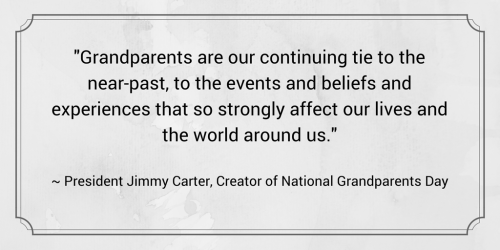
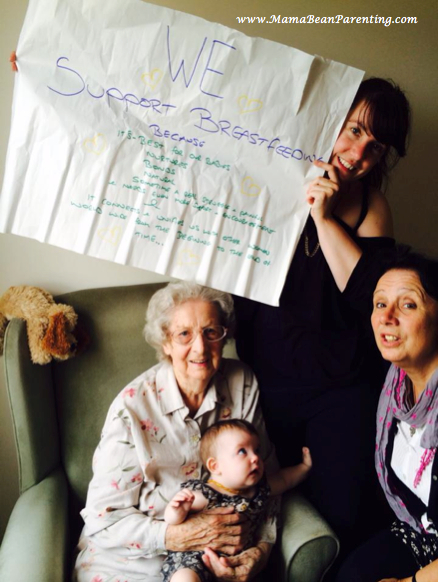
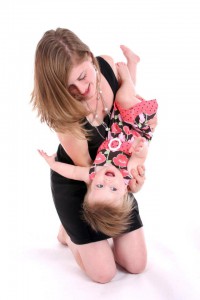
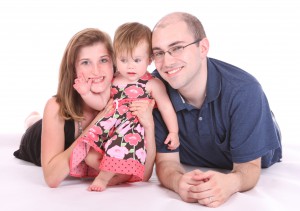




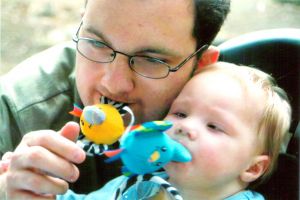 I cannot underscore the importance of a supportive spouse, partner, or mother’s helper when you’re a work-from-home parent of a mobile baby or preverbal toddler.
I cannot underscore the importance of a supportive spouse, partner, or mother’s helper when you’re a work-from-home parent of a mobile baby or preverbal toddler.
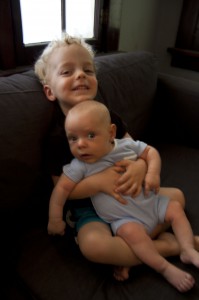

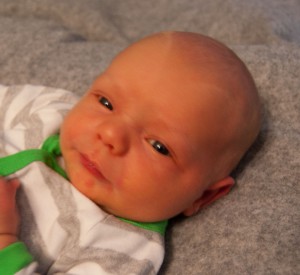
 Hello parents! The cover was risky but a brilliant hook by Time Magazine to attract readers, and they achieved their goal. The writer, Kate Pickert, herself a new mother and one of Time’s most diligent writers, sincerely wanted to increase awareness of the Sears’ family contribution to parenting and family health. She lived with our family for two days, followed me in the office, and spent hours with me on the phone in an attempt to be factual. While the cover photo is not what I or even cover-mom Jamie would have chosen, it accomplished the magazine’s purpose. And, as some attachment dads observed, finally a magazine displays a woman’s breast for the real purpose for which they were designed – to nurture a child, not to sell cars and beer. Cover-mom Jamie is a super-nice person and highly-educated in anthropology, nutrition and theology. I enjoyed the several hours I spent with her family and her kids shined with the social effects of attachment parenting.
Hello parents! The cover was risky but a brilliant hook by Time Magazine to attract readers, and they achieved their goal. The writer, Kate Pickert, herself a new mother and one of Time’s most diligent writers, sincerely wanted to increase awareness of the Sears’ family contribution to parenting and family health. She lived with our family for two days, followed me in the office, and spent hours with me on the phone in an attempt to be factual. While the cover photo is not what I or even cover-mom Jamie would have chosen, it accomplished the magazine’s purpose. And, as some attachment dads observed, finally a magazine displays a woman’s breast for the real purpose for which they were designed – to nurture a child, not to sell cars and beer. Cover-mom Jamie is a super-nice person and highly-educated in anthropology, nutrition and theology. I enjoyed the several hours I spent with her family and her kids shined with the social effects of attachment parenting.